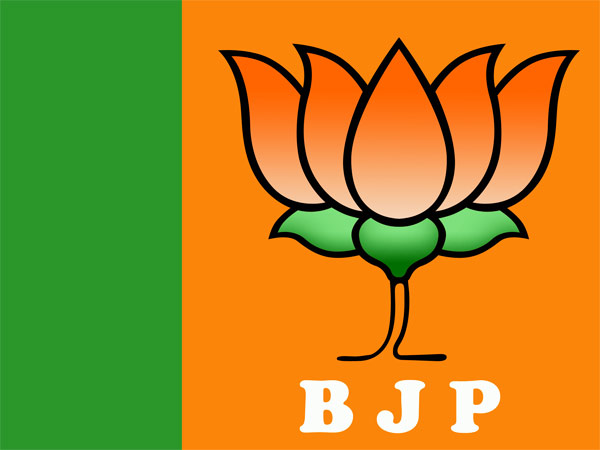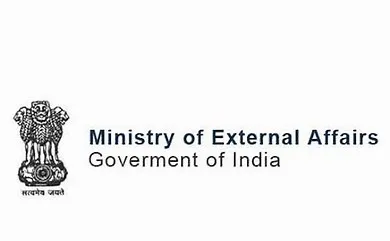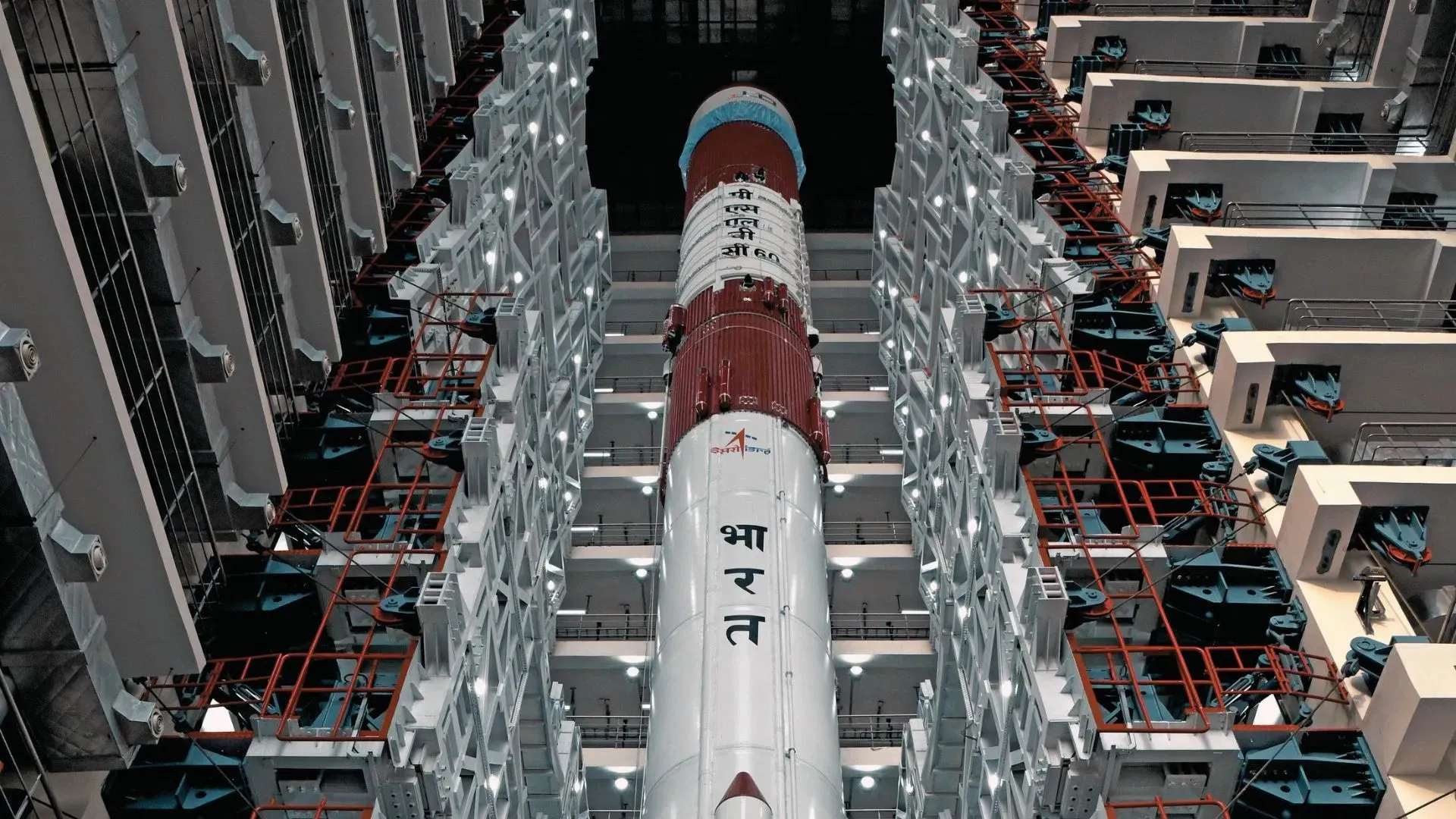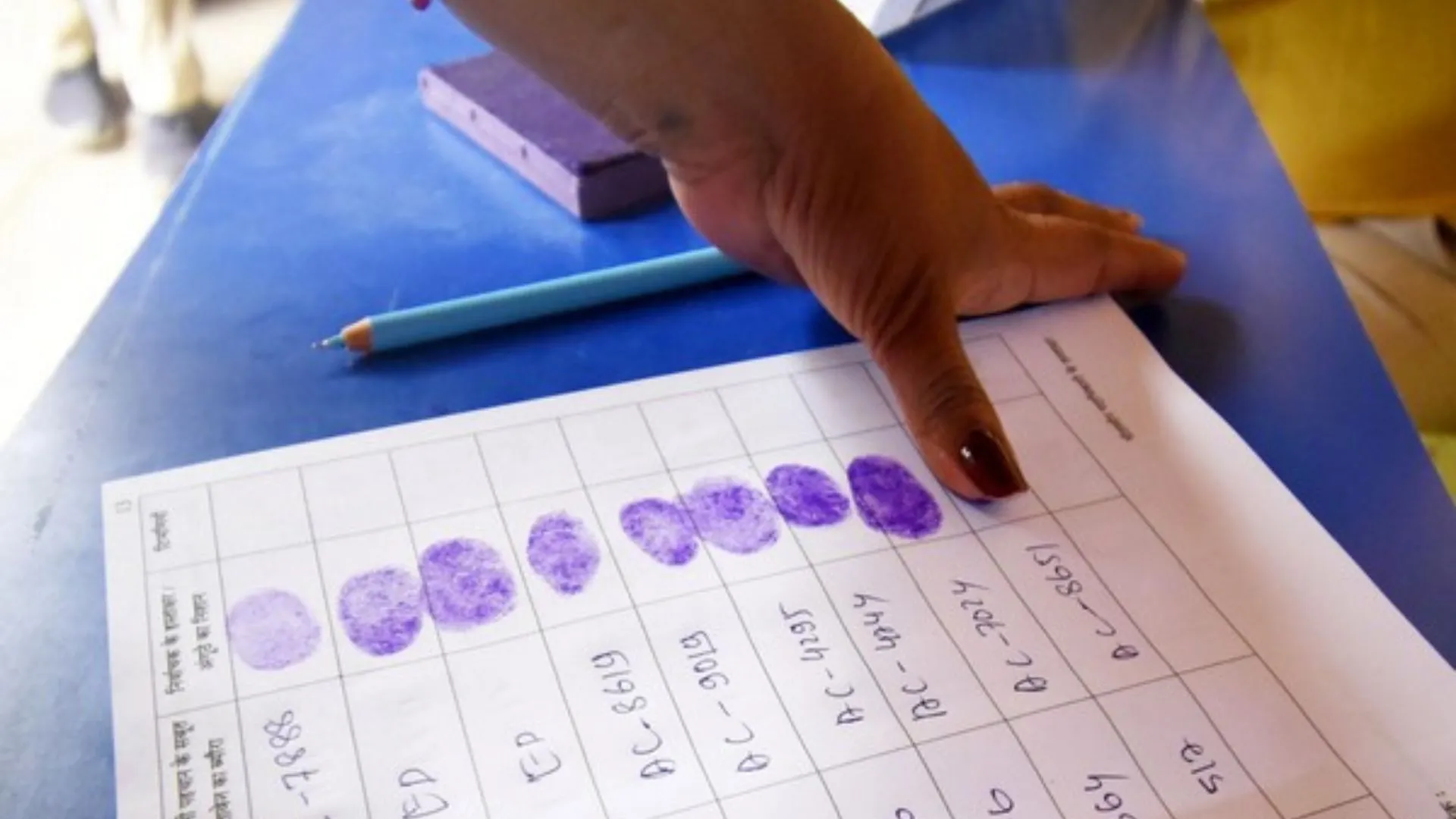As the new coalition government assumes power at the Centre, a crucial policy debate has emerged regarding India’s future economic direction. The core of this debate revolves around whether the BJP should adopt aggressive redistributive policies or continue to prioritize infrastructure investment and economic growth.
A recent research study by Morgan Stanley has shed light on this issue, examining the economic profiles and track records of the Bharatiya Janata Party (BJP) and its key coalition partners. The study suggests that these partners share a common vision for boosting private investment, indicating a continuity in economic policy.
One prominent figure highlighted in the study is Chandrababu Naidu, head of the Telugu Desam Party and Chief Minister of Andhra Pradesh. Naidu is described as a technocrat who has consistently pushed for investment from information technology companies, significantly transforming Hyderabad and creating high-paying jobs for IT professionals during his previous tenure as Chief Minister. This track record supports the view that the coalition government is unlikely to shift towards aggressive redistributive policies.
The Morgan Stanley report advocates for a focus on supply-side reforms to achieve robust growth with moderate inflation while maximizing social welfare. The analysis points out that past redistributive policies led to inflation and limited real income growth, particularly for the bottom 20% of the population. In contrast, an investment-driven growth model is highlighted as a more sustainable path for development.
The report also addresses the BJP’s recent electoral losses in some states, asserting that these losses are not related to the party’s economic policies. Instead, they are attributed to distinct local issues unrelated to national economic strategy. This distinction suggests that the current government is unlikely to alter its policy priorities based on these electoral outcomes.
To achieve higher GDP growth rates of 8-10% per year, the report recommends accelerating urbanization, enhancing labor force productivity, and implementing reforms in the agricultural sector. These structural changes are deemed essential for job creation, poverty alleviation, and overall economic progress.
Morgan Stanley emphasizes the importance of policy continuity and reform measures to create a conducive environment for both public and private capital expenditure. The research indicates that increasing investment is a durable approach to economic development, highlighting the need for concerted efforts in land and labor reforms, deregulation, and workforce skilling to propel growth beyond the current base.
As India navigates its post-election landscape, the choice between redistribution and investment-driven growth remains a pivotal decision. This choice will significantly shape the country’s economic trajectory in the coming years, impacting job creation, poverty reduction, and sustainable development. The alignment of the BJP and its coalition partners on an investment-focused agenda suggests that the government is poised to continue on a path that prioritizes infrastructure and economic growth over redistributive policies.






















